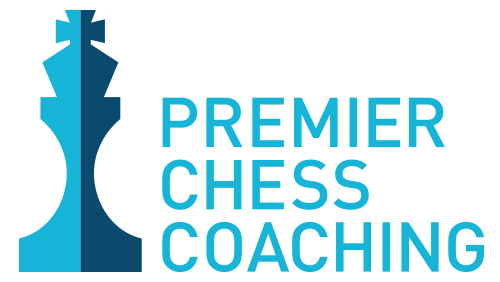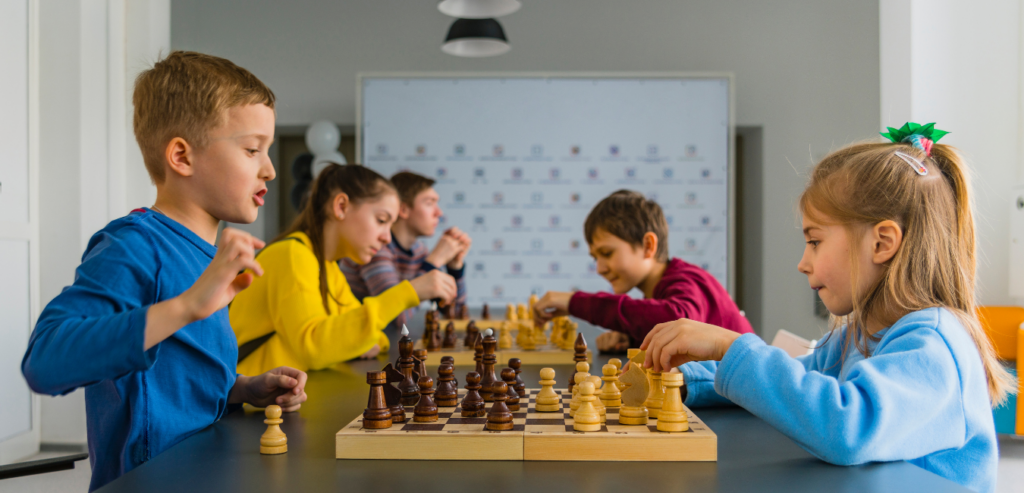Enrolling your child in a chess coaching programme can be one of the most rewarding decisions you make. Chess lessons go far beyond learning how each piece moves—they help children develop strategic thinking, patience, and resilience. Whether your child is a complete beginner or already knows the basics, understanding what to expect from a chess programme can help you feel confident about their learning journey.
In this post, we’ll walk you through what a high-quality chess programme should include and how it supports your child’s growth and development.
1. A Clear and Structured Learning Plan
A good chess coaching programme will follow a well-organised curriculum that matches your child’s age and skill level.
- For beginners, this includes learning:
- The rules of the game and how each piece moves
- Basic checkmates and simple tactics
- Chess notation and etiquette
- For more experienced players:
- Opening principles and common strategies
- Tactics like forks, pins, and skewers
- Endgame techniques and positional play
Why It Matters: A clear chess learning plan for children ensures progress is measurable and consistent. Coaches can adjust lessons based on the child’s development, keeping them challenged but not overwhelmed.
2. Fun, Engaging Sessions with Professional Coaches
Chess coaching isn’t just about instruction—it should also be fun. Children learn best when they’re enjoying themselves, so lessons are often built around a mix of:
- Puzzles and mini-games
- Friendly matches with classmates
- Interactive discussions of real-life games
Why It Matters: When children are engaged and having fun, they’re more likely to stick with the programme and continue improving.
3. Individualised Attention and Feedback
Even in small group settings, quality programmes make time for individual feedback, helping children understand their mistakes and recognise their progress.
What to Expect:
- Coaches explaining what went well and what to improve
- Targeted advice tailored to each child’s level
- Support with setting personal chess goals
4. Development of Life Skills
Chess lessons do more than teach strategy—they also nurture skills like:
- Patience and concentration
- Decision-making under pressure
- Sportsmanship and respectful competition
- Long-term thinking and planning
Why It Matters: These life skills benefit children in the classroom and beyond, supporting academic success and emotional development.
5. Opportunities to Play and Compete
A well-rounded chess coaching programme includes regular opportunities for children to apply what they’ve learned through:
- Practice games
- In-house tournaments
- Optional external competitions
Why It Matters: Playing regularly helps reinforce learning and build confidence, especially when children face different opponents and game styles.
6. Support for Parents
Many programmes keep parents informed with updates on progress, tips for practice at home, and optional resources.
What to Expect:
- Progress reports or informal feedback
- Guidance on supporting chess learning at home
- Invitations to events or end-of-term showcases
Is Your Child Ready to Begin?
If you’re looking for a structured, supportive, and fun way for your child to learn chess, a high-quality coaching programme is the ideal place to start. Whether your child is a total beginner or already has some experience, the right approach can help them develop a love for the game—and grow far beyond the board.
At Premier Chess Coaching, we offer tailored chess lessons for children of all levels. Get in touch to learn more about our programmes and see how we can support your child’s chess journey.


